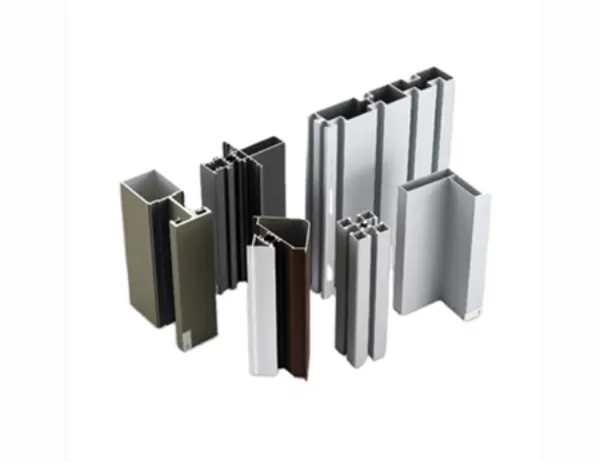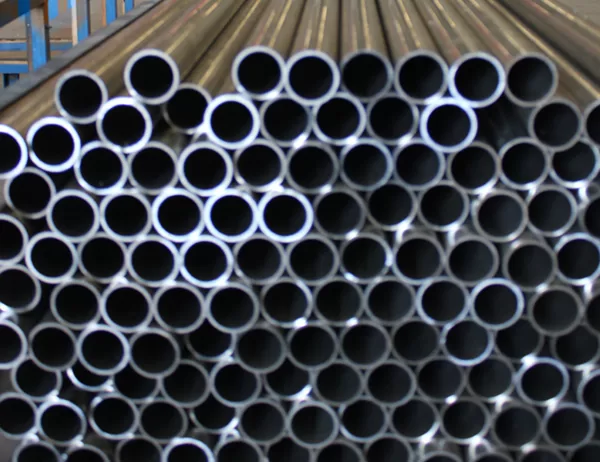In the realm of industrial manufacturing, standards serve as the guiding compass, ensuring that products meet the highest levels of quality, safety, and sustainability. For Chinese aluminum extrusions, adherence to these standards is paramount, safeguarding their reputation as a global leader in the industry.
Understanding the Landscape
Chinese aluminum extrusions are renowned for their versatility, durability, and cost-effectiveness. They find applications in diverse sectors, from construction and automotive to electronics and aerospace. With the burgeoning global demand for lightweight materials, China has emerged as a major supplier of aluminum extrusions, accounting for over 50% of the world’s production.
However, the immense scale of the Chinese aluminum extrusion industry also brings challenges. Manufacturers must navigate a complex regulatory landscape, ensuring compliance with both domestic and international standards. These standards govern not only the quality of the final products but also their environmental impact and labor practices.
Key Standards to Consider
Among the myriad of standards applicable to Chinese aluminum extrusions, a few key ones stand out:
GB/T 6892: Specifies the technical requirements for aluminum alloy extrusions, including dimensions, tolerances, and mechanical properties.
ASTM B221: An American standard that defines the chemical composition, mechanical properties, and dimensional tolerances for aluminum alloy extrusions.
ISO 9001: An international standard that sets out the requirements for a quality management system.
ISO 14001: An international standard that provides guidelines for environmental management systems.
SA8000: A social accountability standard that promotes ethical labor practices and working conditions.
Strategies for Compliance
Ensuring compliance with these standards requires a multifaceted approach that involves:
Supplier Evaluation: Selecting reliable suppliers who have a proven track record of compliance.
Product Testing: Conducting thorough testing to verify that the extrusions meet the required specifications.
Quality Control: Implementing a robust quality control system to monitor production processes and ensure consistency.
Supplier Development: Providing training and support to suppliers to enhance their compliance capabilities.
Certification: Obtaining certifications from accredited bodies to demonstrate compliance with specific standards.
Benefits of Compliance
Adherence to standards for Chinese aluminum extrusions offers numerous benefits, including:
Improved Product Quality: Ensures that extrusions meet the highest levels of performance and reliability.
Enhanced Customer Confidence: Provides customers with assurance that they are purchasing quality products from a responsible manufacturer.
Increased Market Access: Opens doors to global markets where compliance with international standards is essential.
Reduced Liability: Mitigates the risk of legal disputes and penalties associated with non-compliance.
Improved Sustainability: Promotes responsible environmental practices and ethical labor practices throughout the supply chain.
By embracing compliance with standards, Chinese aluminum extrusion manufacturers can establish themselves as trusted suppliers, delivering products that meet the demands of discerning customers worldwide. It is through a relentless pursuit of quality, environmental consciousness, and social responsibility that they will continue to dominate the global aluminum extrusion market and drive innovation in the construction, automotive, and other industries for decades to come.




